\mə-ˈründ\
It’s also, I’ve found, a place where I can get a fair bit of work done. There’s a comfortable spot at the kitchen table; there is Wifi and coffee. So yesterday, after a pleasant morning discussing Tom Stoppard and reprogramming the irrigation system, I happily settled in.
Only to discover that the Internet had disappeared.
A quick investigation revealed that there was signal, but the cable modem was not sending out IP addresses. There was no connection between the house wifi and the rest of the world. Past experience suggested that this was likely a brief interruption caused by a fault at the cable company and it would self-resolve shortly.
But for the moment I was marooned.
| No big deal—I am resourceful! I cobbled together an outline based on stored information and handwritten notes. I wrote emails and stacked them neatly in the outgoing message tray. My paragraphs were dotted with <check ref> notations, awaiting the life-giving flood of digital information. After a couple hours of this happy Swiss Family Robinson existence, though, I needed to check an etymology. A quick rummage through the bookshelves revealed that while my mother owns useful reference works like Eminent Chinese of the Ch’ing Period and the Cambridge World History of Human Disease (which, I might add, falls open to bookmarks at the entries for cholera and tertiary syphilis—fun stuff, Mom!), she does not, apparently, own the Oxford English Dictionary. | “I seemed banished from Human society…I was alone, circumscribed by the boundless ocean, cut off from mankind, and condemned to what I called silent life.” |
Then my lovely husband (should I start calling him Friday?) reminded me that I could use my iPhone—elderly and temperamental as it is—as a portable base station. Suddenly, I had a raft, an oar, and a makeshift sail.
Clinging to this frail bark, I was able to access my online references. I restocked my supply of properly spelled names and attributions. Emails bobbed out on the flood like so many corked bottles. The smoke of a passing ocean liner drifted across the horizon: Facebook! And there at last was the UCSD VPN and my faithful OED.
It was clear what this week’s word must be.
I knew that beyond the familiar usage meaning “to strand,” there were also communities of “Maroons” in the inaccessible back country of the West Indies: fugitive slaves who lived high up in the mountains for generations, fighting the plantation owners and ultimately a powerful force in the independence movements of the 19th century. At a guess I would have said that these folks were so named because they were in a sense marooned, living isolated from the rest of society. But it turns out the opposite is true. Here’s the earliest usage of the term in English, from the 1666 History of the Carribby-Islands:
The word comes from the French marron, which means “feral” or “fugitive.” It seems also to be related to the Spanish cimarrón (fugitive) and cimarra (wild place). Both of these derive in turn from the classical Latin cȳma (young shoots of a plant). So we are talking someplace overgrown, wild, and inhospitable: a good spot to hide out for a while.
The idea of being marooned appears a bit later. It first refers to people being deliberately stranded in a desolate place as a form of punishment (or just to get them out of your hair). The OED mentions an account of Magellan marooning a mutinous priest on the coast of Patagonia. Over time the meaning expanded to include people who were cast away through misadventure, like good old Robinson Crusoe—though the word never appears in that book as this sense doesn’t show up in the language until several years after it was published.
“Maroon” seems also to have taken an odd journey through the American South, where apparently a “maroon party” refers to an extended camping or hunting trip in the country. Whether it’s co-optation or poor taste (remember cakewalk?), this is a usage I have never heard: anyone out there who is familiar with the phrase please let me know!
| And then there’s the color. This also comes from the French marron, but this marron means “chestnut” and seems to be an entirely different word with an entirely different lineage. It has been knocking around the Romance languages a long time but it’s not clear where it came from before that (the Medieval Greek word for “cherry” [μάραον]? Some speculative proto-Romance word meaning “rock”? No one is sure.) |
Perhaps I can borrow Mom’s book about the Eminent Chinese of the Ch’ing.

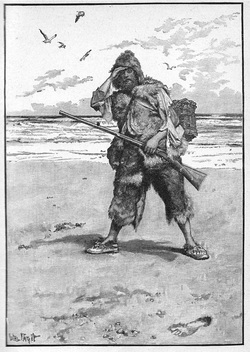
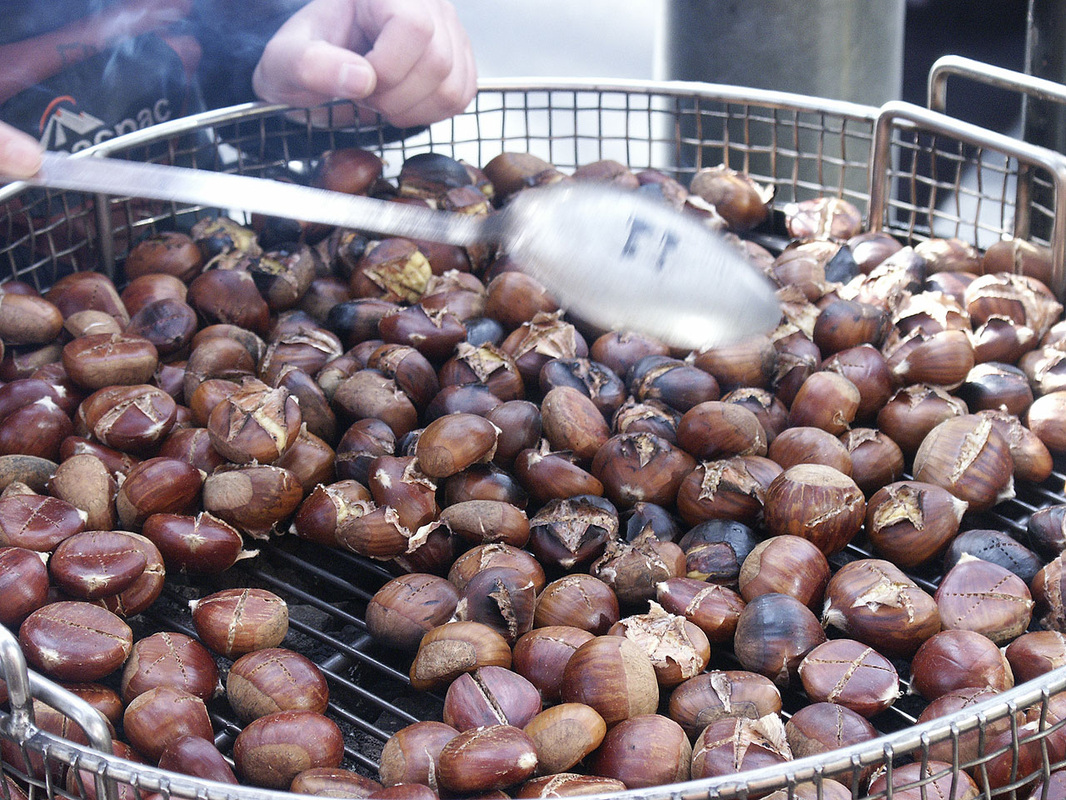


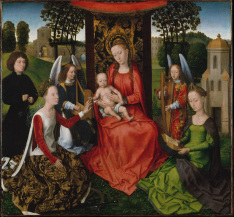
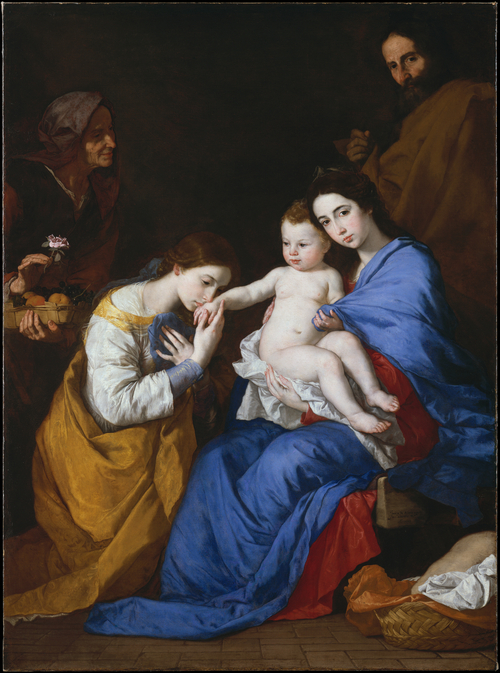

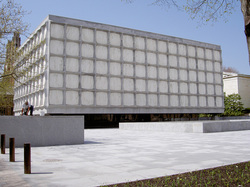

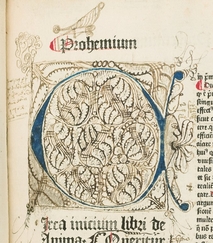
 RSS Feed
RSS Feed